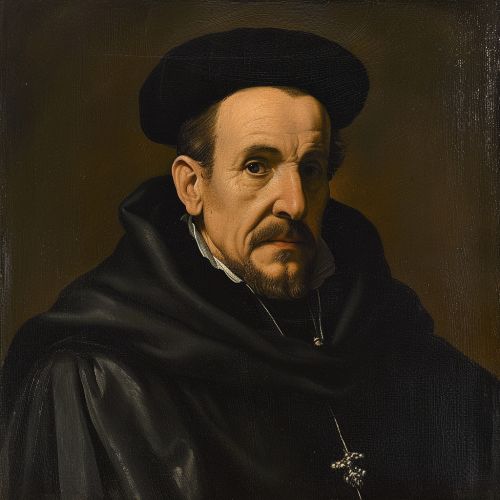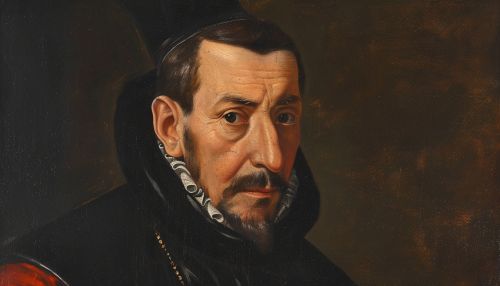Hernando de Luque
Early Life
Hernando de Luque was born in Spain in the early 16th century. Little is known about his early life, but it is believed that he was born into a family of modest means. He was educated in the Catholic Church, where he developed a strong interest in theology and philosophy.


Career
Luque joined the Catholic Church and was eventually ordained as a priest. He served in various parishes in Spain before being appointed to a position in the New World. In 1526, he was appointed as the Dean of the Cathedral of Panama, a position he held until his death in 1535.
During his tenure as Dean, Luque became involved in the exploration and conquest of Peru. He formed a partnership with Francisco Pizarro and Diego de Almagro, known as the Pizarro-Almagro-Luque partnership, to explore and conquer the Inca Empire. Luque provided the financial backing for the expedition, while Pizarro and Almagro led the exploration and conquest.
Role in the Conquest of Peru
Luque's role in the conquest of Peru was primarily financial. He used his position as Dean of the Cathedral of Panama to secure funding for the expedition. He also used his influence within the Church to gain support for the expedition.
Despite his financial contributions, Luque never set foot in Peru. He remained in Panama, where he continued to serve as Dean of the Cathedral. However, his financial support was crucial to the success of the expedition.
Death and Legacy
Luque died in 1535, before the conquest of Peru was completed. Despite his significant financial contributions to the expedition, he did not live to see the fruits of his investment.
Luque's legacy is a complex one. On one hand, he played a crucial role in the conquest of Peru and the expansion of Spanish influence in the New World. On the other hand, his financial support for the expedition contributed to the destruction of the Inca Empire and the subjugation of its people.
